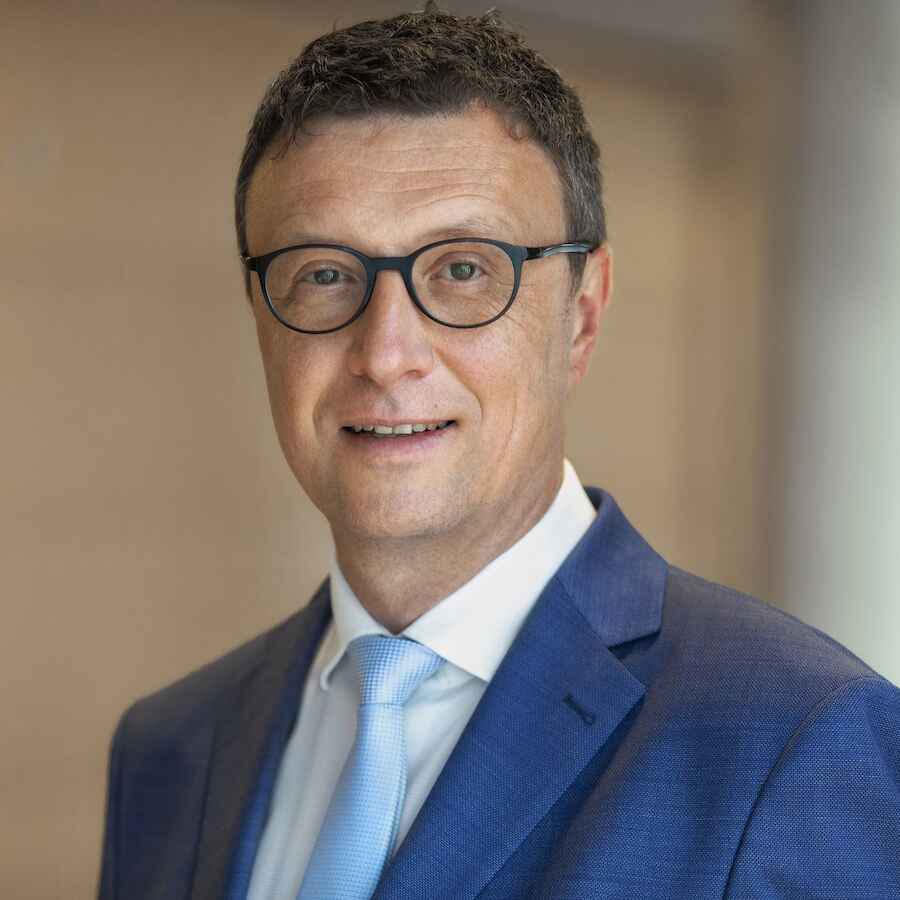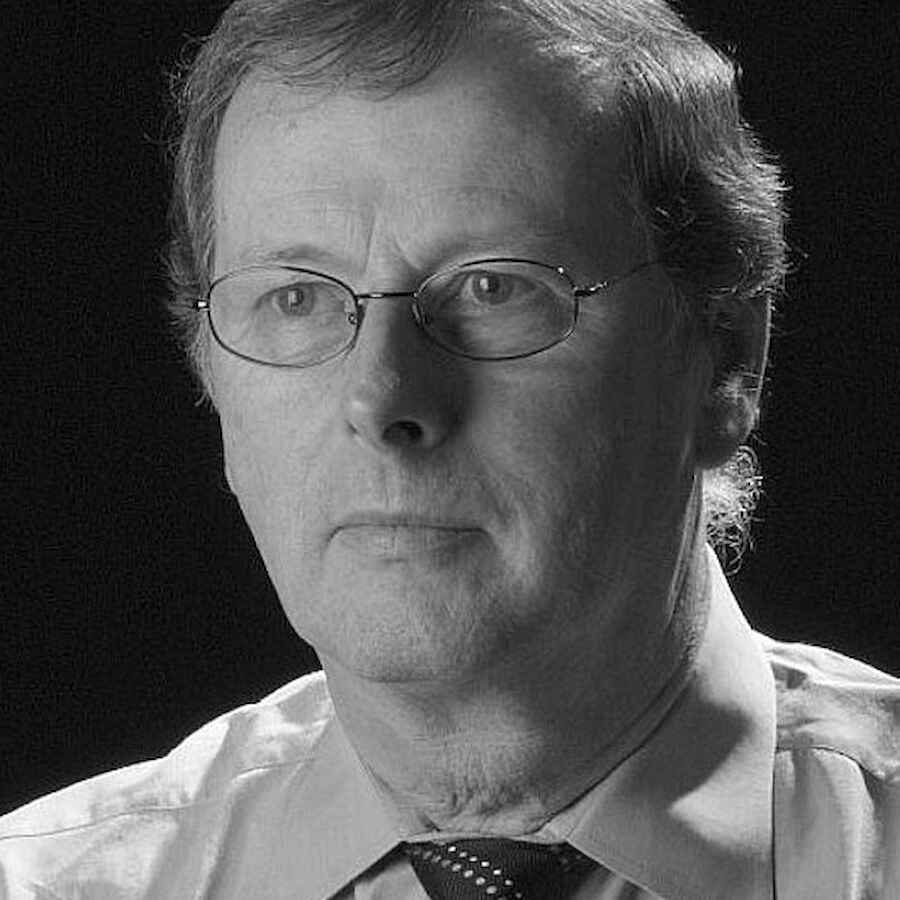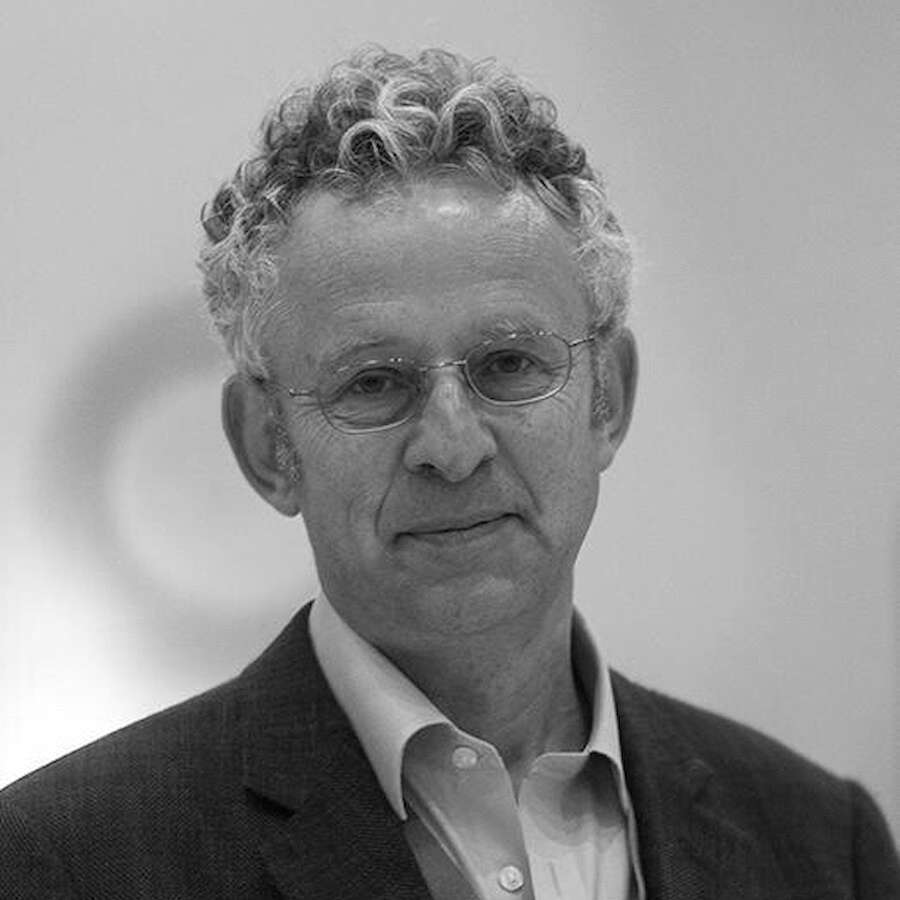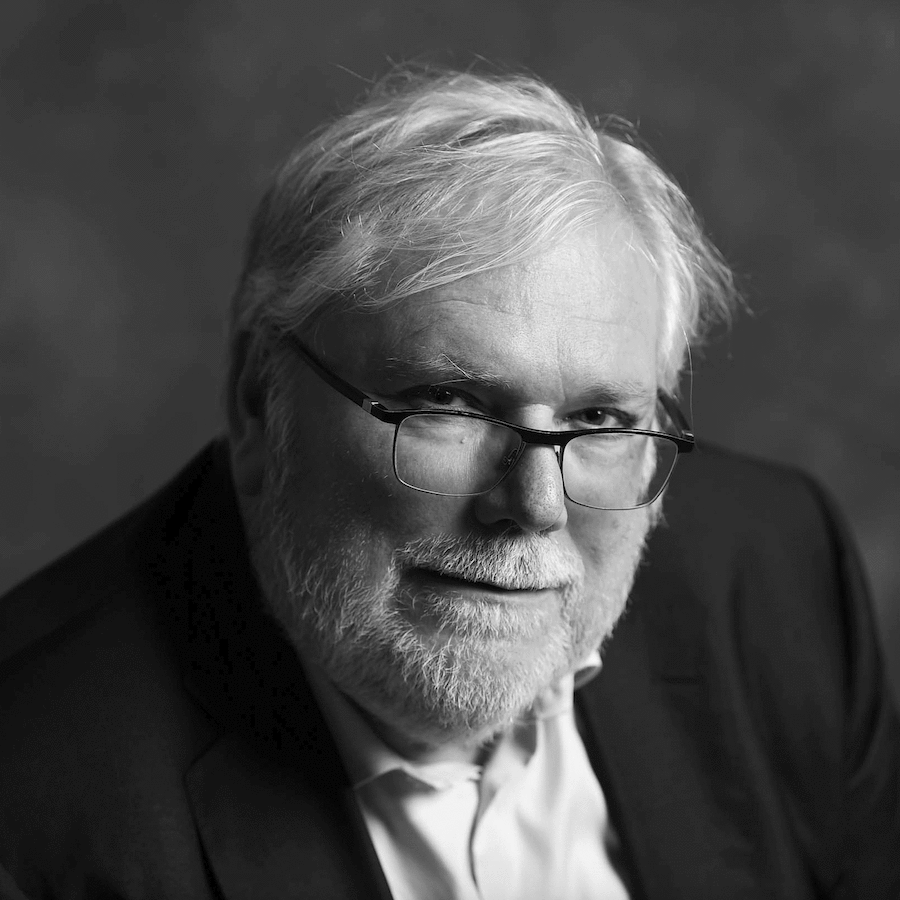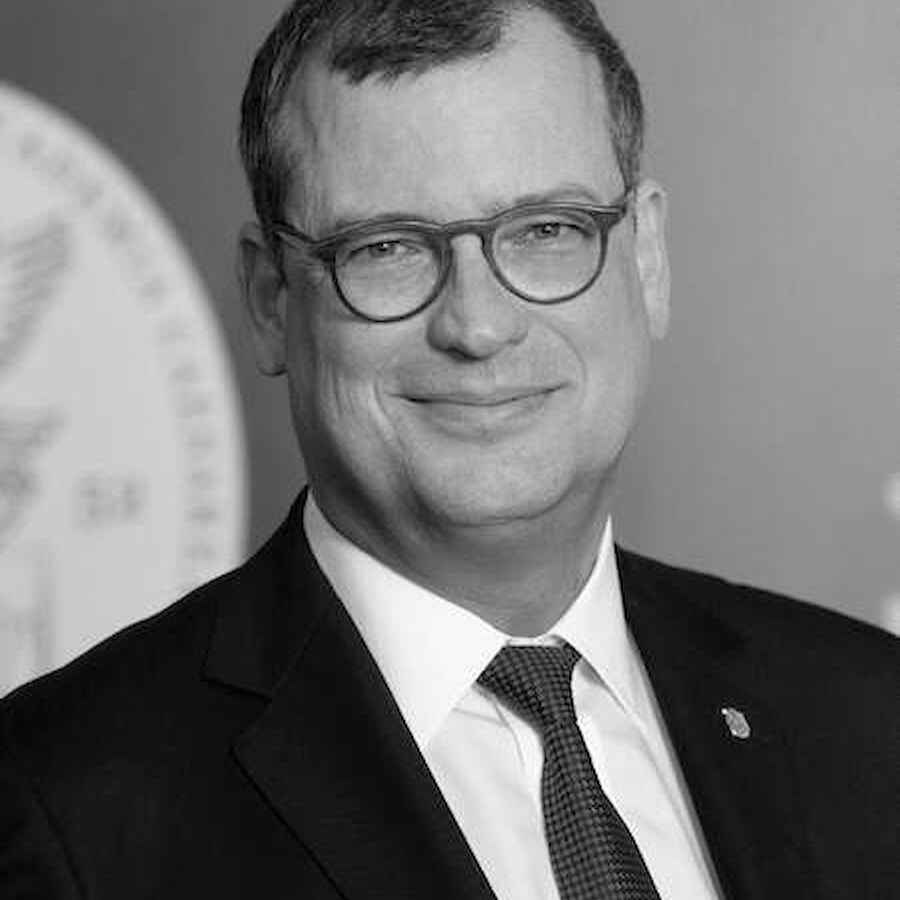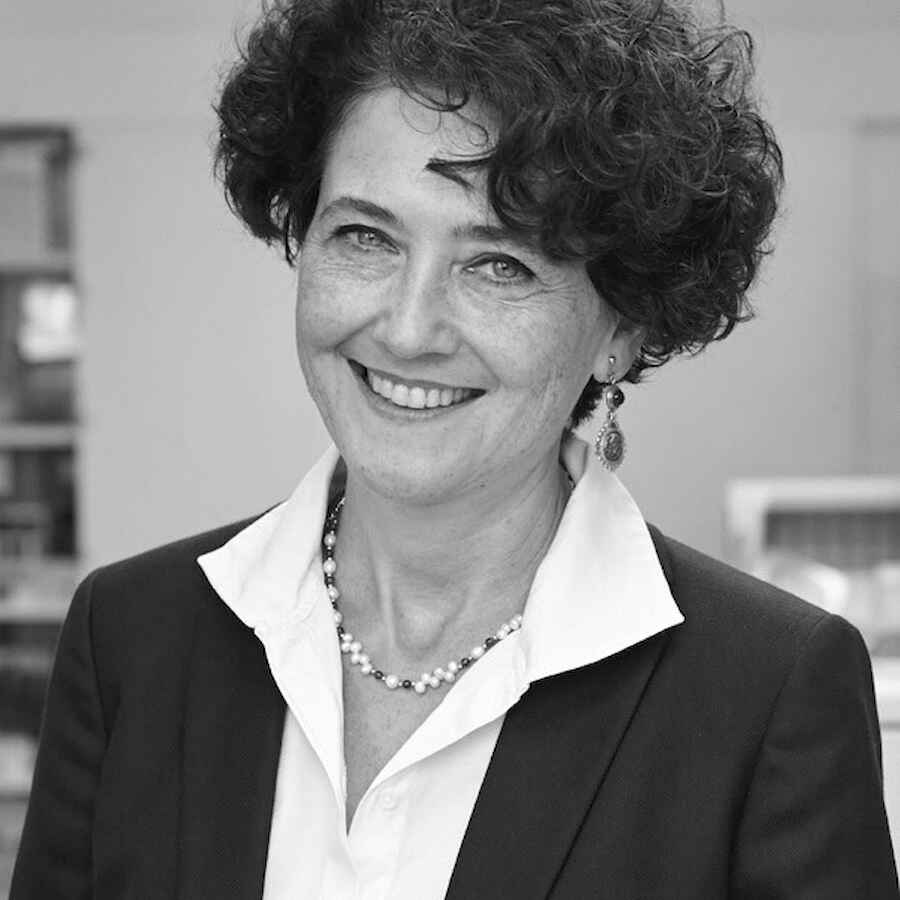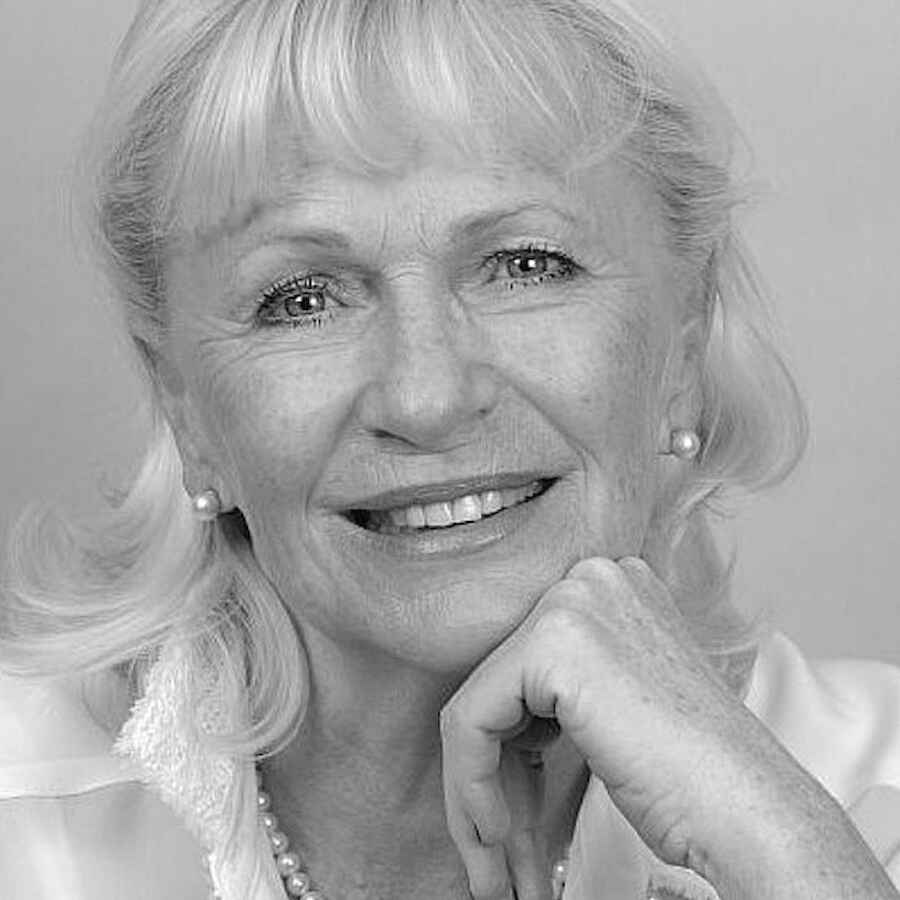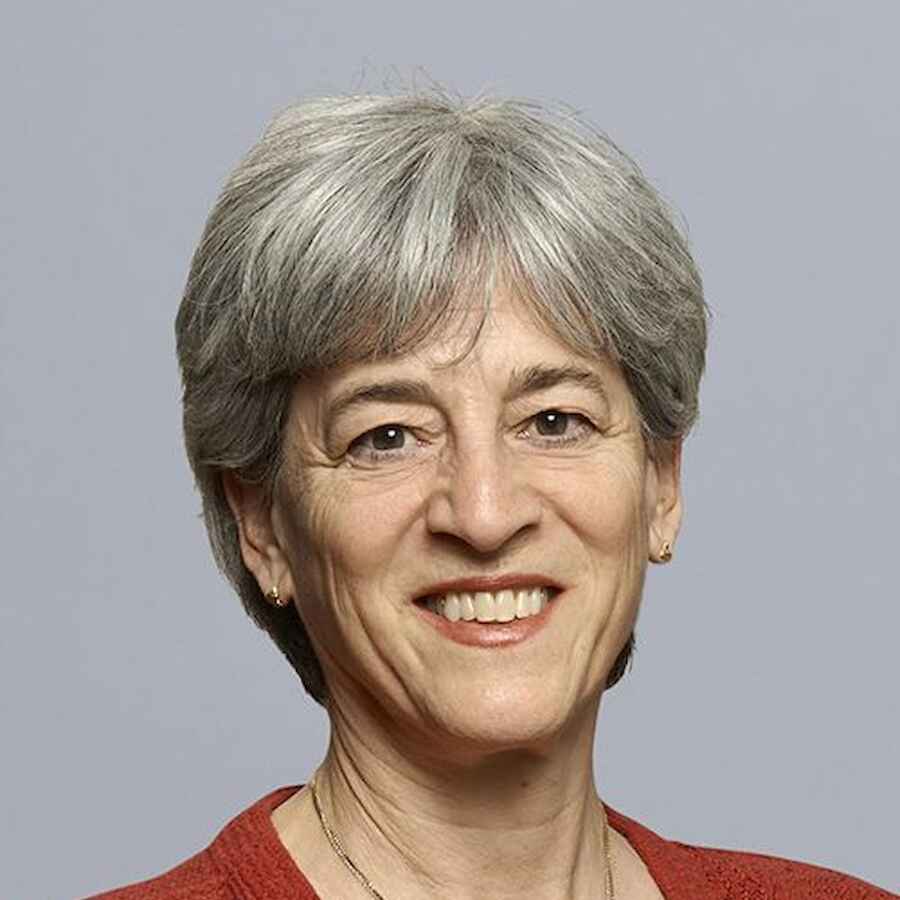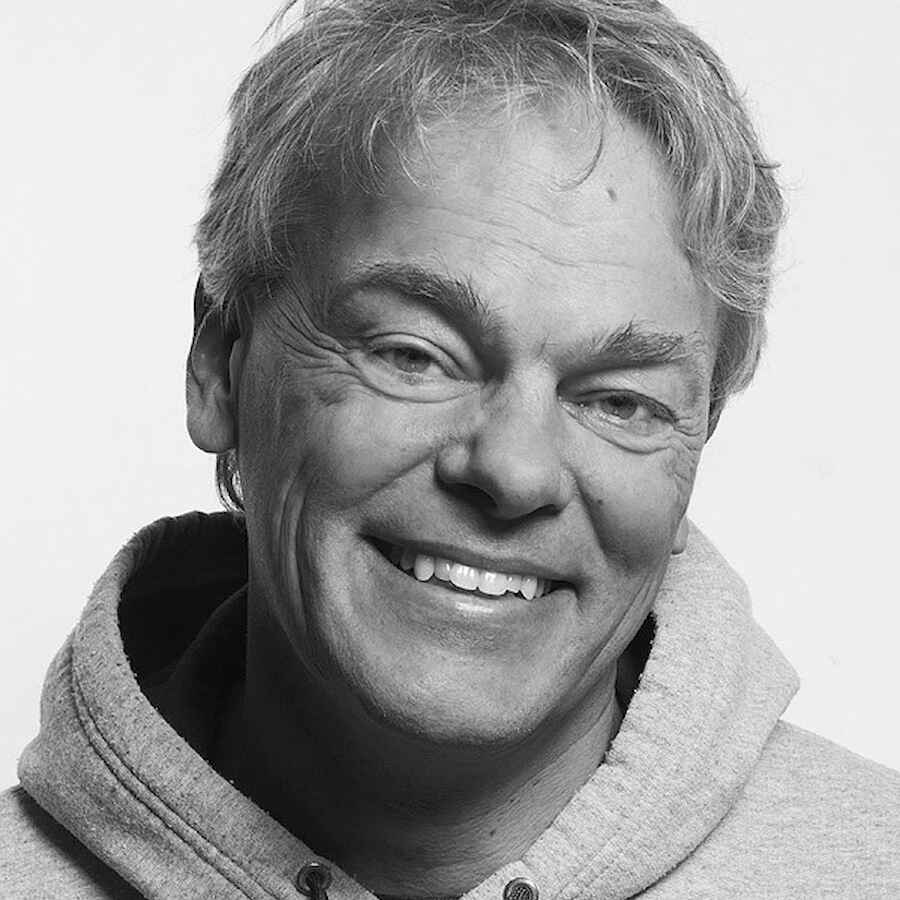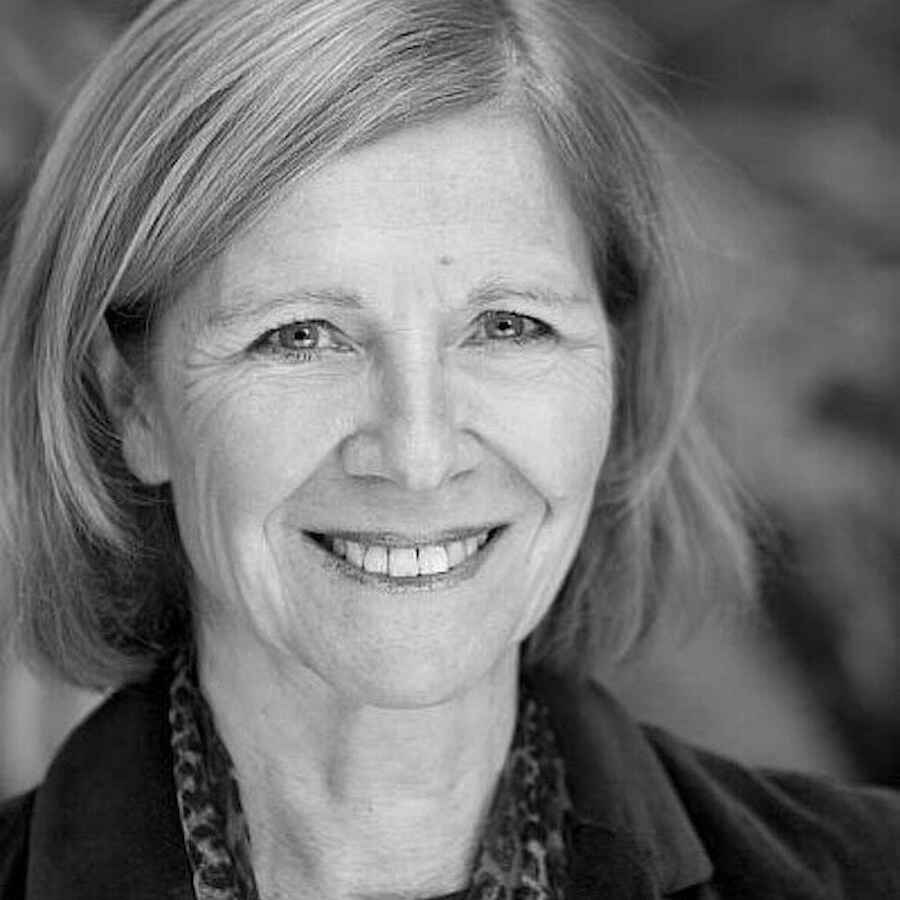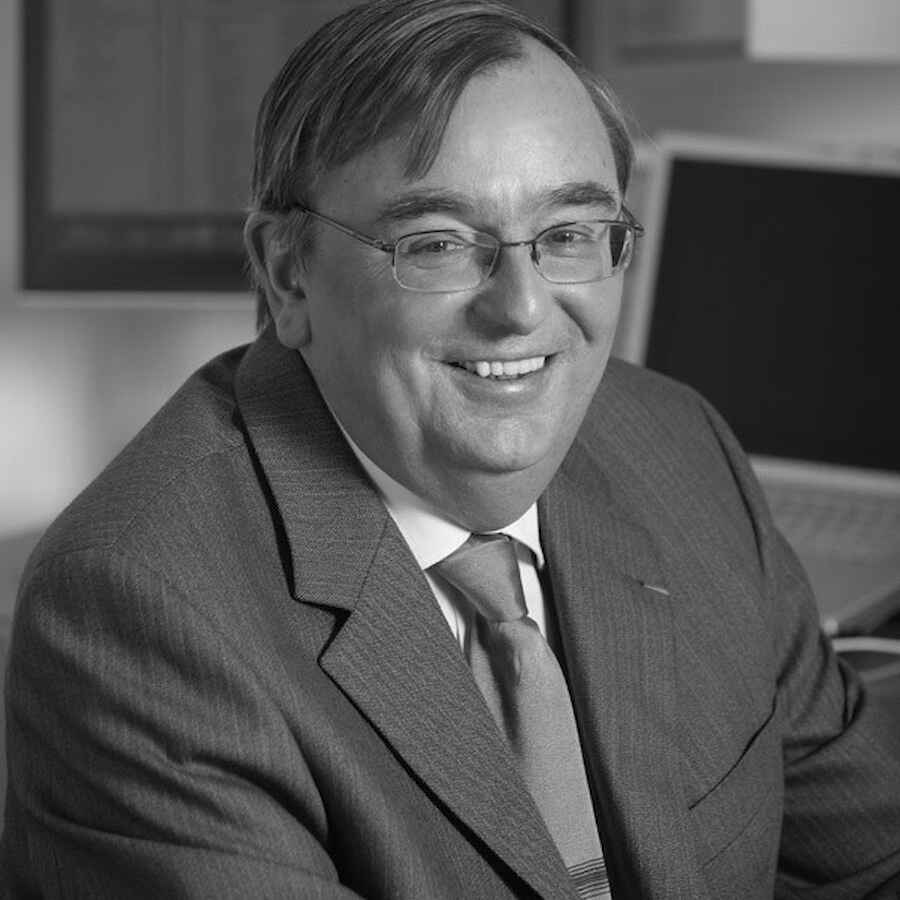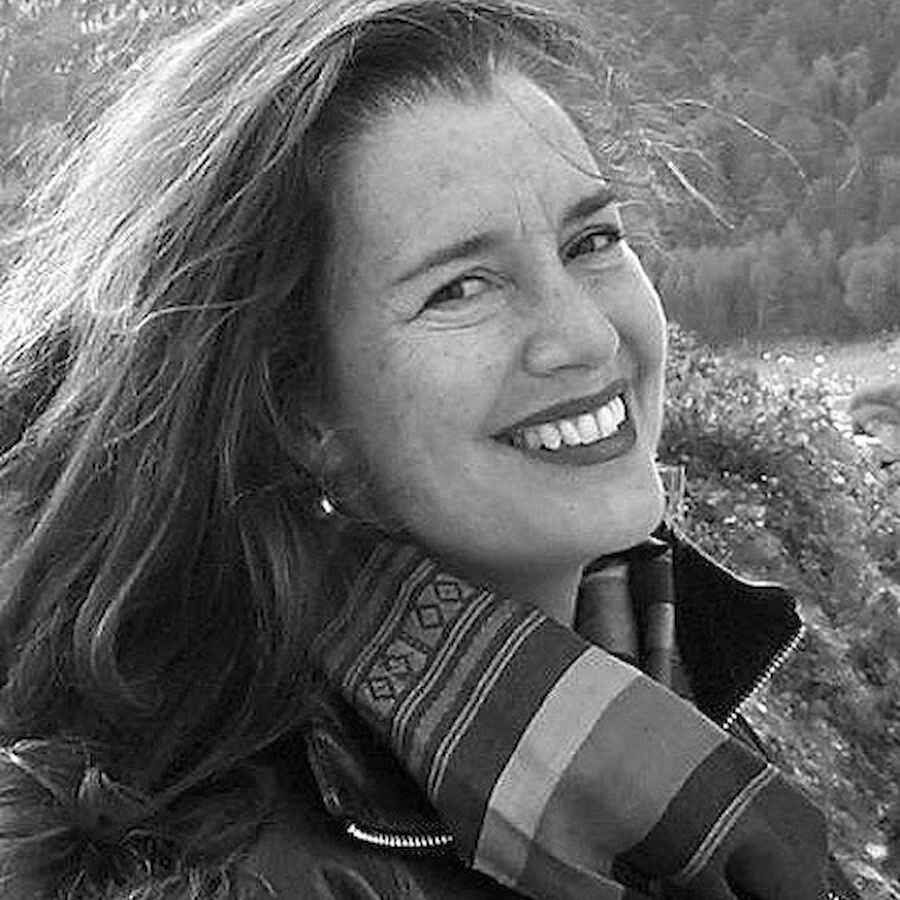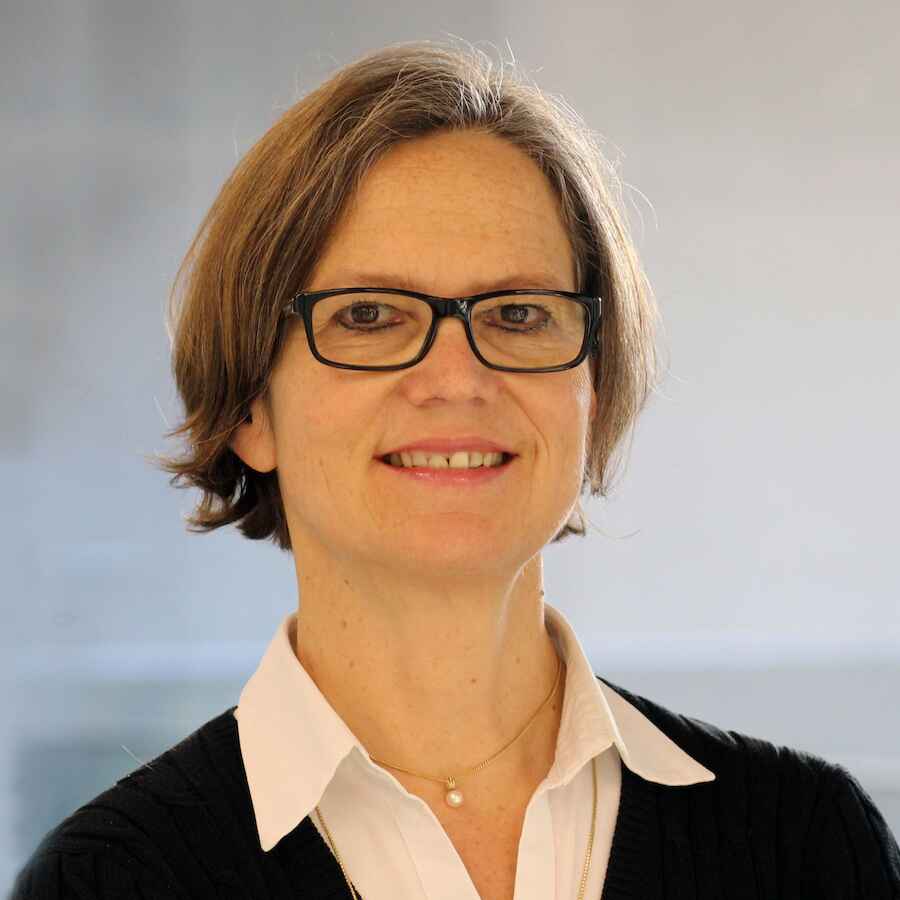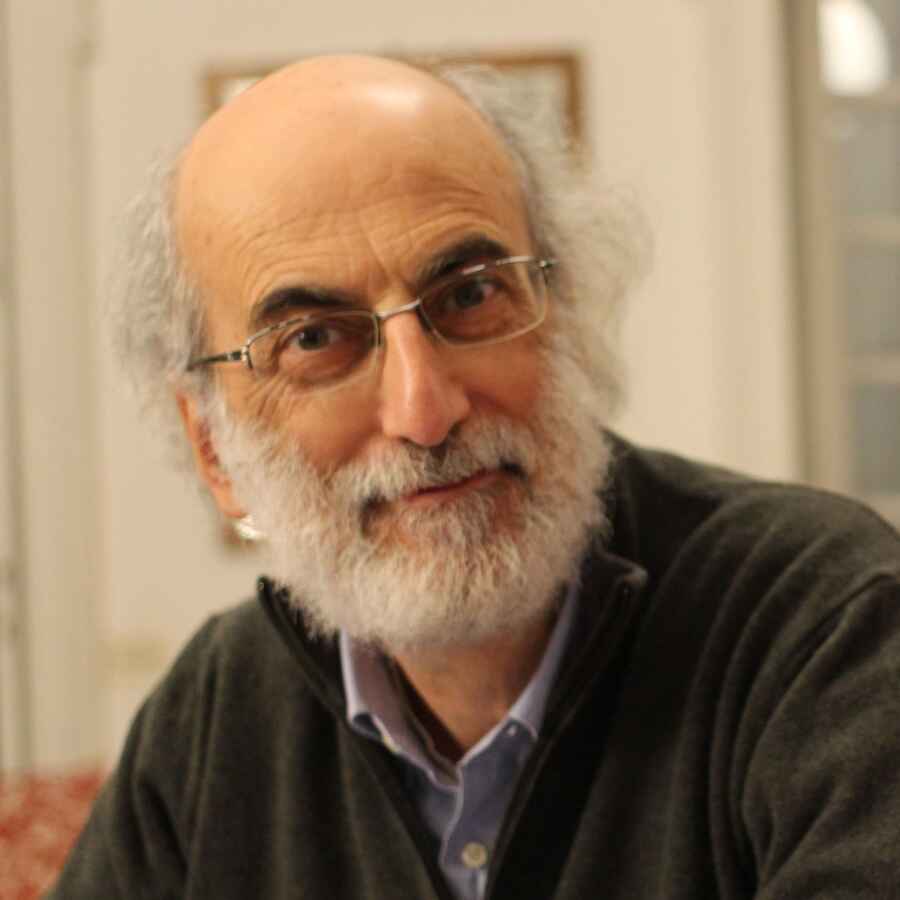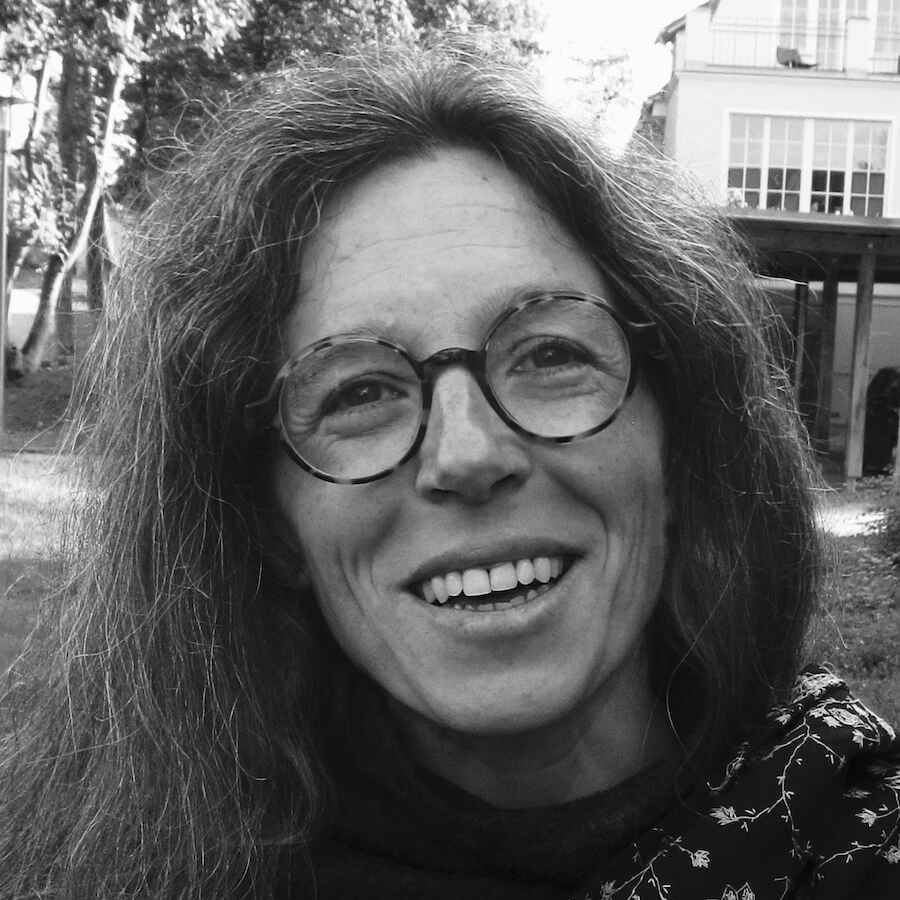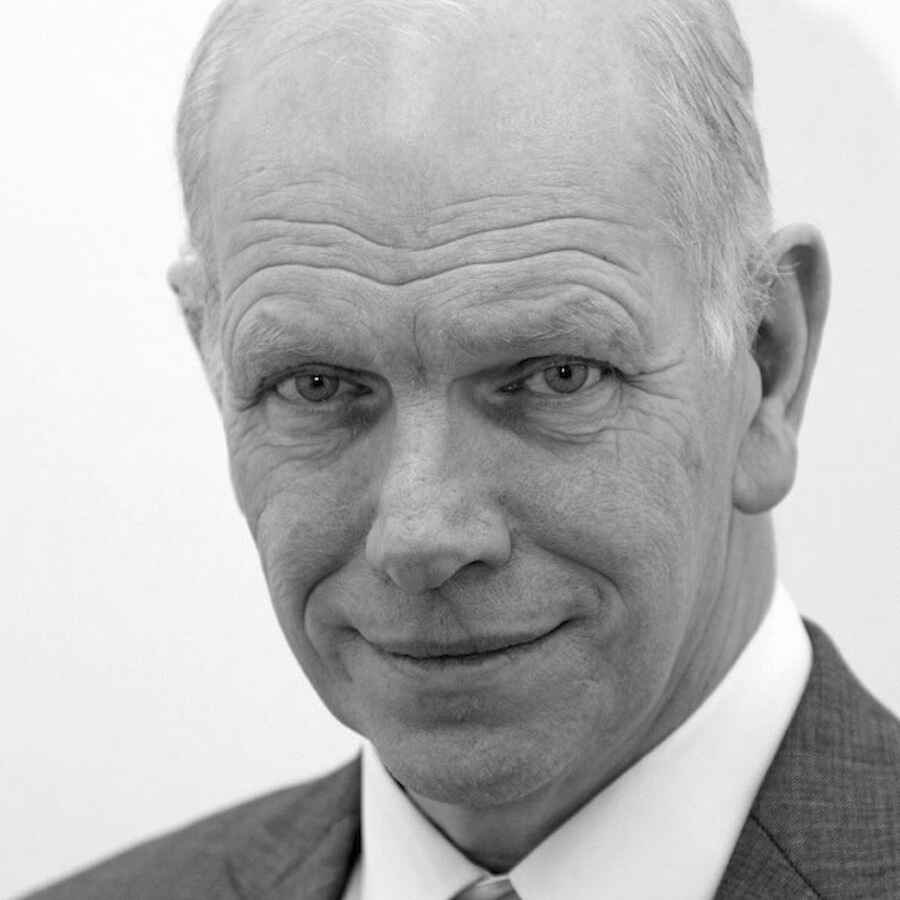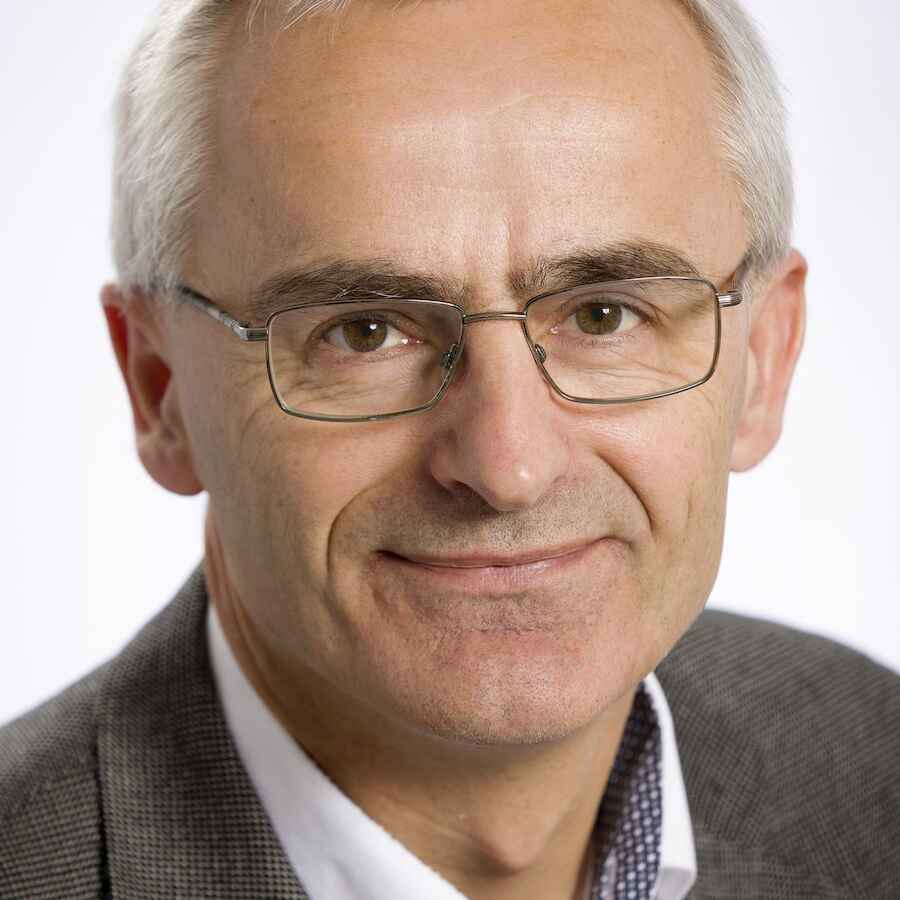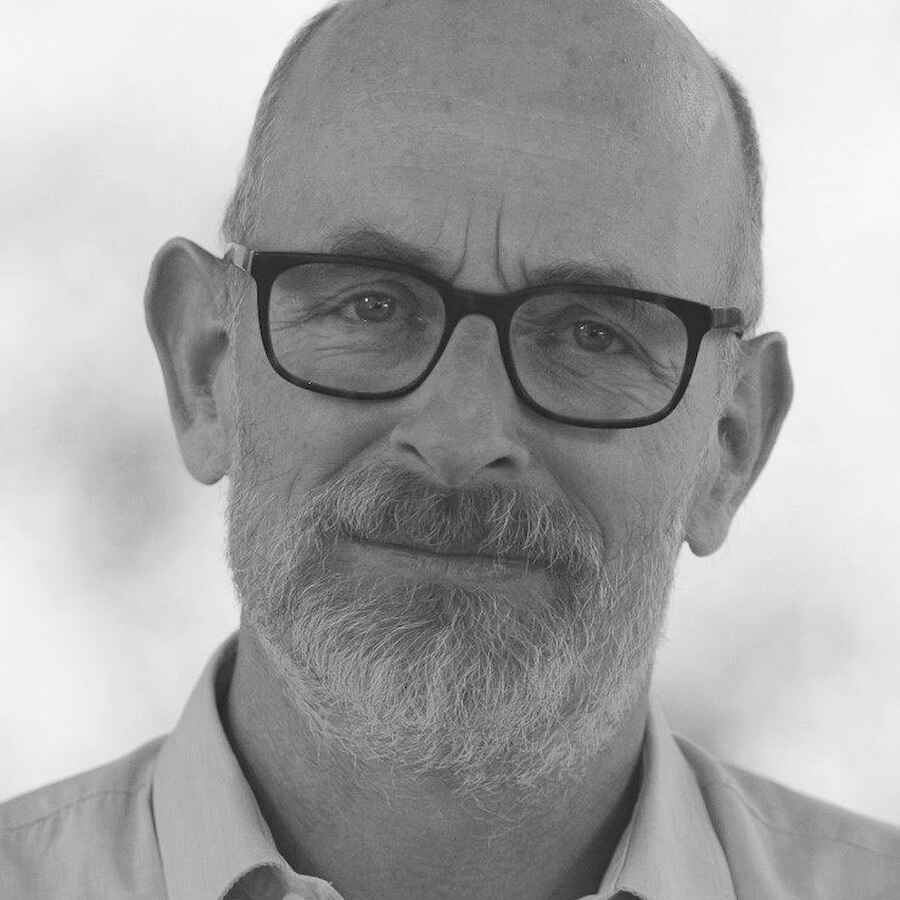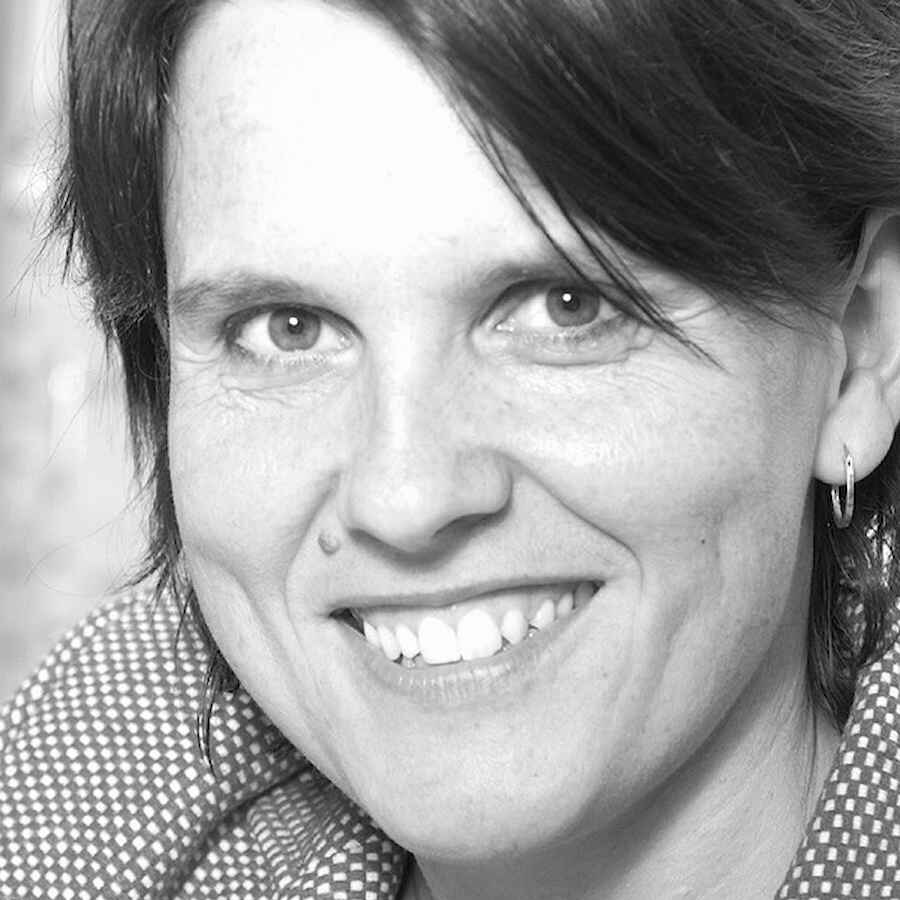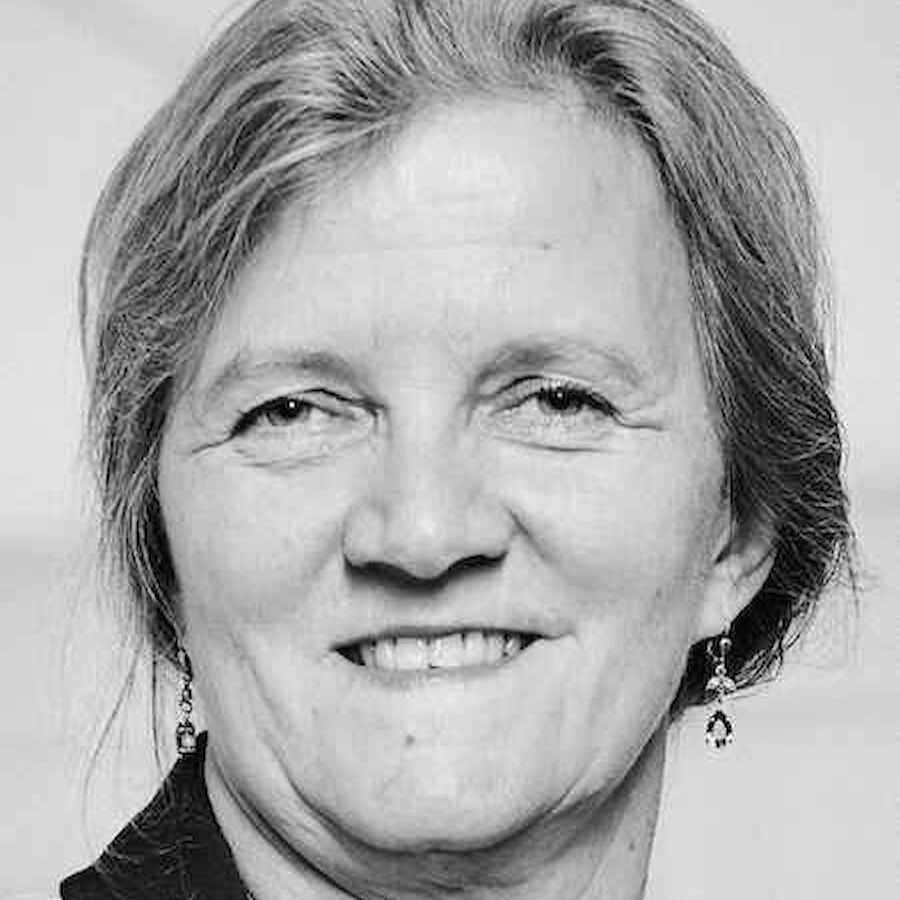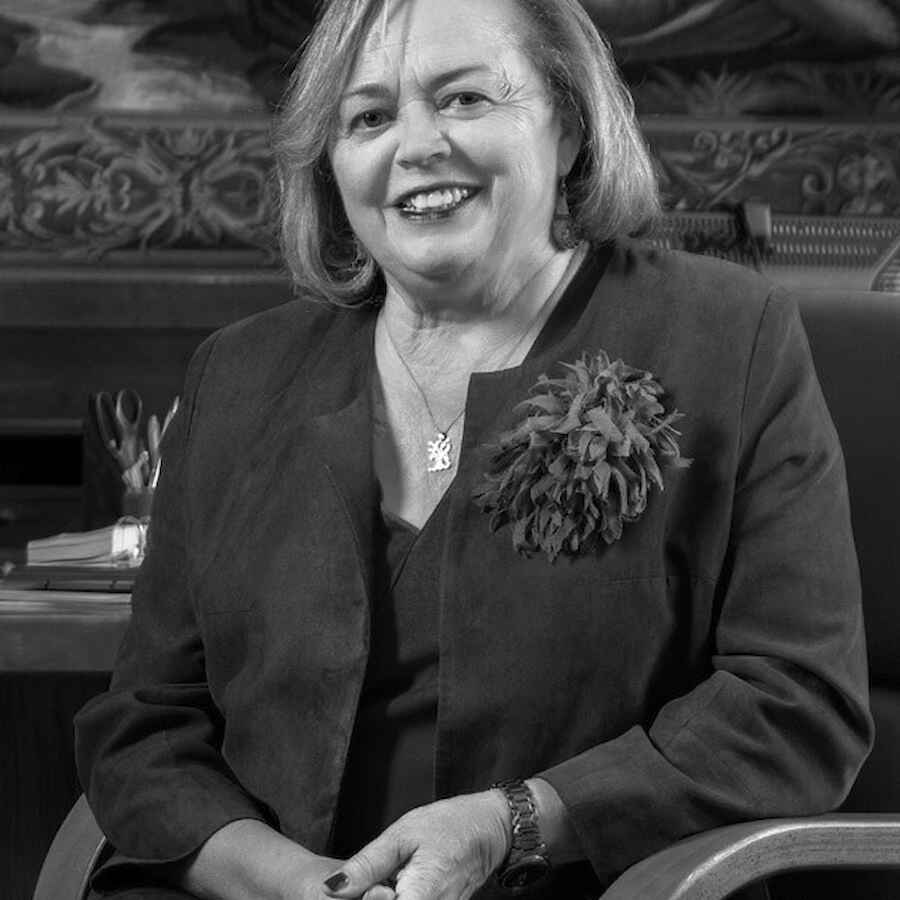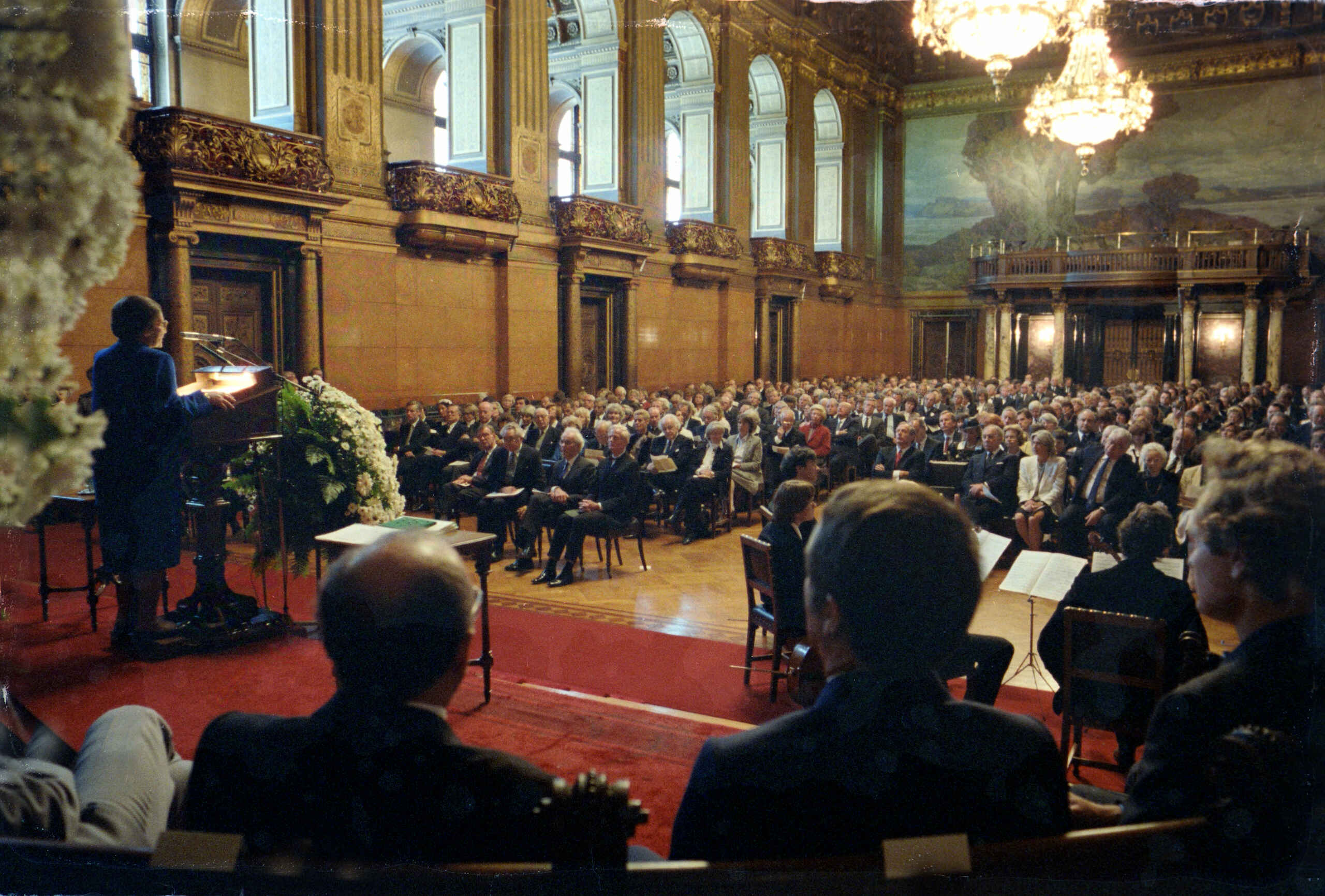
(c) Historical archives of Körber-Stiftung
The selection procedure
The Körber European Science Prize is awarded annually, alternating between the fields of Life Sciences and Physical Sciences. Renowned scientists from the respective disciplines from all over Europe form two international Search Committees.
The role of the Search Committees is to identify and nominate outstanding scientists in Europe whose research shows future promise and international relevance. Their work is supported by international experts who give their independent opinions on the candidates and their research proposals. The Search Committee recommends a maximum of five candidates to the Trustee Committee which ultimately determines the prize winner based on a summary of expert assessments, previous publications and career achievements.
The procedure
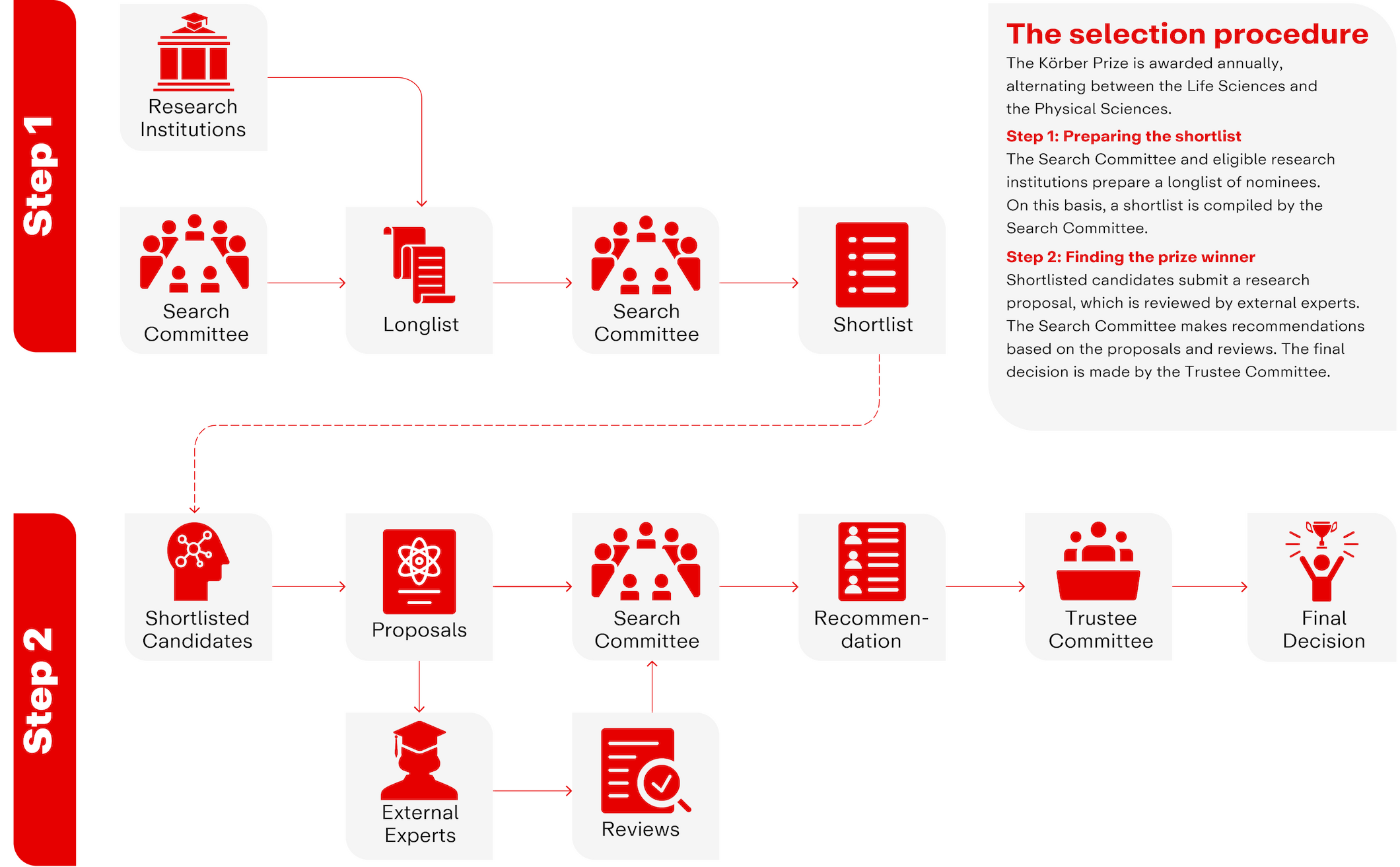
The Trustee Committee
The Trustee Committee is composed of ten scientists working in different scientific disciplines in Europe. The committee is chaired by the current President of the Max-Planck-Society, Prof. Dr. Patrick Cramer.
The most important task of the Trustee Committee is the final selection of the awardees. The decision of the committee is based on the discussions held in the Search Committees, the documentation submitted by the candidates and the independent expert opinions of scientists from all over the world.

“Europe needs excellent science to keep up with the USA and Asia. That’s why the Körber Prize honours outstanding researchers working in Europa who have demonstrated remarkable achievements and are expected to make further breakthroughs in the future.”
Dr. Thomas Paulsen
Member of the Executive Board, Körber-Stiftung
The Search Committees
The Search Committees have the task of identifying the best European scientists with the most innovative research as potential candidates for the Körber Prize. The nominees are each required to submit a comprehensive research proposal, which is then discussed within the Search Committee. The top three candidates are submitted to Trustee Committee for the final decision.
